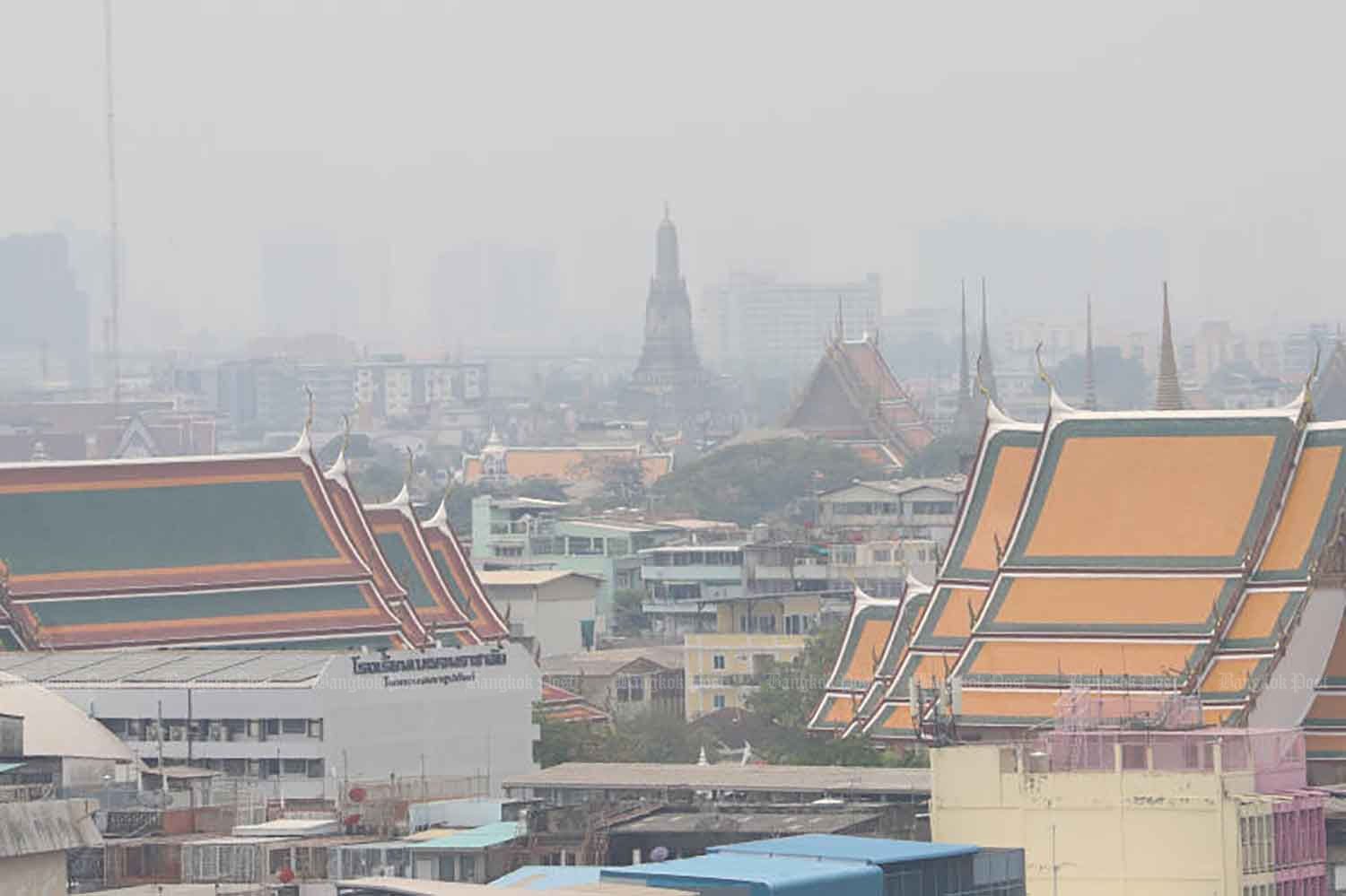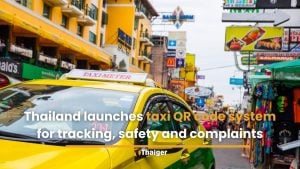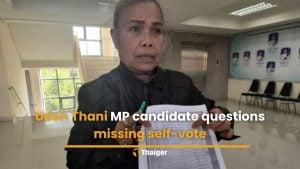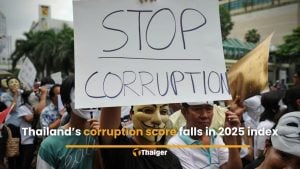Cooling clash in Bangkok: Air con proposal met with heated debate

A proposal to provide classrooms with air conditioning units sparked a heated debate in Bangkok, despite the city’s ongoing concern about PM2.5 safety. The recent rejection by the Bangkok Metropolitan Council (BMC) of this initiative aimed at protecting young learners from PM2.5 dust pollution raises concerns about balancing health protection and potential drawbacks in school environments.
The BMC turned down a 219 million baht (US$6.15) proposal to equip 1,743 classrooms in 429 Bangkok Metropolitan Administration (BMA) schools with air conditioning units. This proposal was a part of the BMA’s total budget bill of 90 billion baht for the fiscal year 2024, kicking off on October 1.
To safeguard preschool children, aged between one and six, from the perilous PM2.5 dust pollution prevalent in the city, this air conditioning project was proposed, according to Bangkok Governor, Chadchart Sittipunt. The 57 year old Bangkok chief highlighted the World Health Organisation’s findings on the specific threat the PM2.5 haze poses to young children’s health.
However, before unanimously dismissing the school air-conditioning scheme, the BMC contemplated whether it was healthy to confine children in such a controlled environment for a significant part of the school day. They also voiced safety concerns about installing air-conditioning units in older buildings at BMA-run schools, some of which are in dire need of maintenance and repair.
Additionally, the council feared the BMA would incur a hefty financial load from the increased electricity bills resulting from the operation of air-conditioners at these schools. A BMA source stated that the BMC would have been more inclined to approve the project if it had been proposed in conjunction with a plan to implement solar-cell panels at the schools to counterbalance the power bills.
Councillor for Lat Krabang district, Churachit Phongsingwitthaya, highlighted that the BMA had piloted a dust-free school project at 32 schools, which did not necessitate an air-conditioning system. He questioned why the BMA did not continue with the pilot project, which involved schools adopting measures to lessen the impact of PM2.5 dust, such as increasing green spaces, installing air purifiers, and using dust-insulation materials on buildings.
Chadchart agreed that the BMA would include solar panels in the air-conditioning project before presenting it again to the BMC for consideration.
“Rich or poor, these children should all be able to study in an air-conditioned room. Even I, the city governor, still need an air-conditioned room to work in after being exposed to a lot of dust pollution in the city. Why shouldn’t children have access to such protection?”
Follow more of The Thaiger’s latest stories on our new Facebook page: CLICK HERE.
Latest Thailand News
Follow The Thaiger on Google News:


























